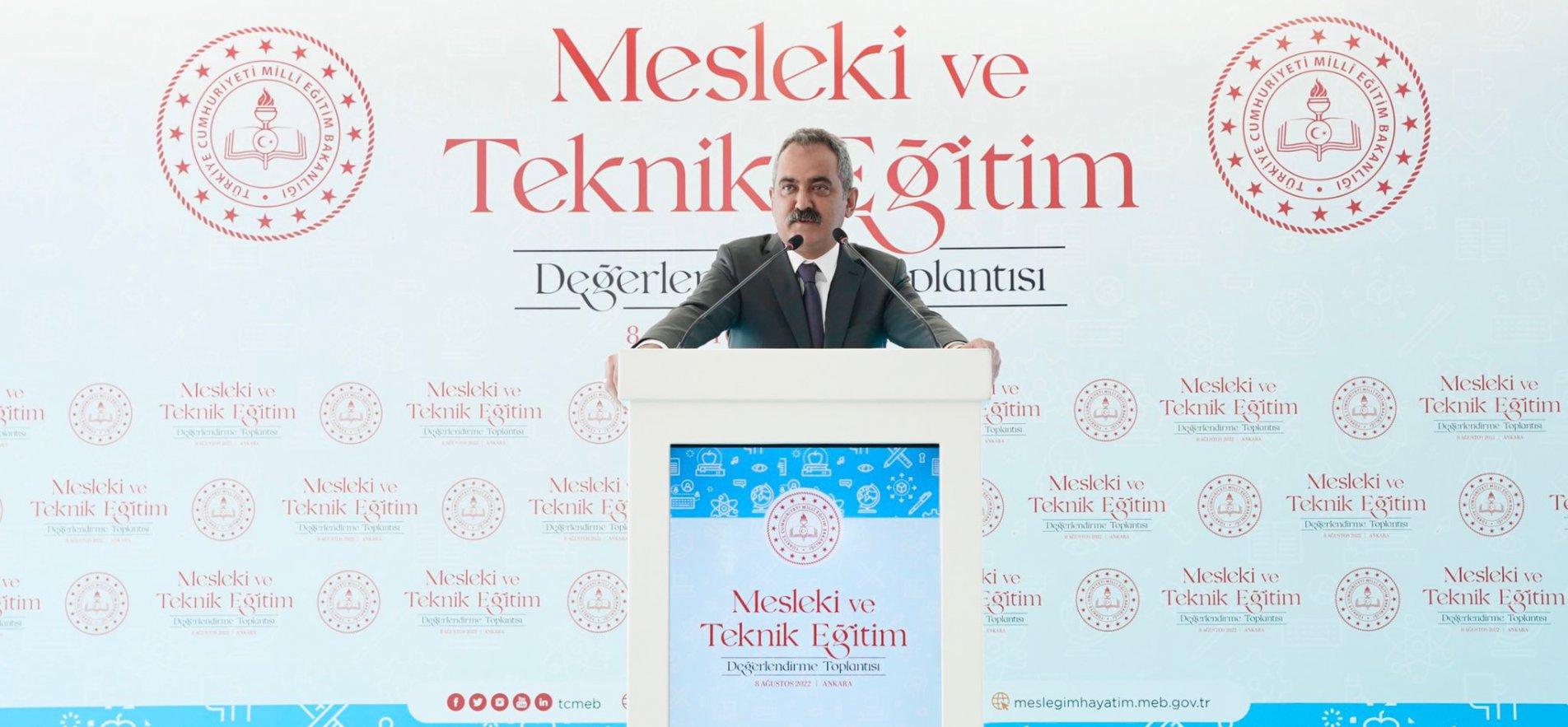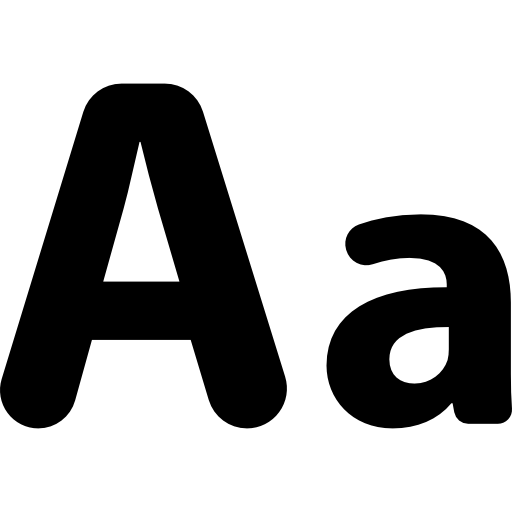Minister of National Education Mahmut Özer made comments about the vocational and technical education during the Vocational and Technical Education Assessment Meeting organized at the Mogan Vocational and Technical Anatolia High School Practice Hotel in order to discuss new initiatives and example mechanisms. Özer stressed that his Ministry adapted global trends in vocational education and achieved a paradigm shift in vocational education based on the dynamics of the labor market.
Özer recalled that he had a meeting with the Organization for Economic Cooperation and Development (OECD) General Secretary Mathias Cormann during his visit to Paris where he attended the Transforming Education Pre-summit and Cormann stated that the success of Türkiye should be inspiration for others in the region.
Noting that the success of Türkiye in education was recognized in Paris while some circles in the country failed to see these achievements, Özer said that OECD General Secretary suggested his to share Türkiye's experience to all other member states.
"OECD Secretary also mentioned different good examples in OECD countries. We are planning to host a vocational education summit among OECD countries in İstanbul probably in October or November. We meet here today in order to make preparations for this summit. We will also make assessments about existing achievements and how to guide other countries. Türkiye transformed into a country that shares its experience and makes suggestions to other OECD countries. We must be proud of our success story," he said.
Özer stated that recent achievements in vocational education is the best example that shows success can be achieved within a short period of time adding that, "I would like to express my sincere gratitude to those who helped us to write this success story. With Allah's permission, we will write brand new stories as we all know that vocational education is crucial for our beautiful country. We worked with love for our state and country and we will continue to do so in the future."
Özer said that Türkiye shared its experience in vocational education to neighboring countries and inaugurated seven international vocational and technical Anatolia high schools within this framework.
Minister Özer mentioned about the process that led to this success story. Until 2012, the share of the private sector in vocational education was 0,79 percent while this figure was at least 50 percent in developed strong countries.
"We have included the private sector in the education process. We updated the curriculum, planned skill training programs for teachers at the workplace and organized on the job and professional development training programs for teachers together. Most important of all, we based demand and supply balance in vocational education to a rational ground and prioritized employment. We see the outcome of our efforts within a very short period of time," Özer stated.
Production capacity continued to increase
Özer stressed that transformation in vocational education urged students to enroll in vocational education institutions and finally production capacity of these institutions continued to increase.
Concerning some discussions whether the Ministry has been using these schools as factories or production facilities, Özer said that the main concern of the Ministry is education rather than production.
"Modern education approach in vocational education is teaching while producing. Due to this reason, we have associated education with production and employment. We gradually increased the production capacity of vocational education schools. In 2021, production capacity of these schools was 1 billion and 162 million liras. Main advantage of this increase was the improvement in the quality of vocational education. Secondly, teachers and students got a share from the income of these schools according to their contributions," stated Özer.
Noting that the Ministry has paid 50 million liras to students and 110 million liras to teachers from the production income, Özer stressed, "We have seen the profit of our plan during the Covid-19 pandemic. Türkiye responded to national demand and exported masks to many countries."
Vocational schools also produced disinfectants, disposable overalls and aprons, ventilators, video laryngoscope devices and mask machines.
Özer stated that in addition to responding to the needs of society, vocational high schools regained self-esteem during this period.
Minister Özer also mentioned the importance of intellectual and industrial property rights in increasing Türkiye's competition capacity in the world.
"We have raised awareness about intellectual rights in these schools as a result of our cooperation with the Patent and Brand Institution of Türkiye. We have turned these schools which started to design new products into R&D centers," said Özer.
Özer went on to say that these schools were registering 2,9 products a year before but now they got the registration of 7 thousand and 700 products.
"For the first time in the history of vocational education, we have commercialized 74 products. Students and teachers sold patents and brands and integrated them to production capacity. Later, they started to export their products," noted Özer.
Özer also mentioned vocational education centers which he considers as the second crucial stage in vocational education.
Following the amendment on Vocational Education Law No 3308 on December 25, 2021, graduates of these centers are receiving high school diplomas and the number of students enrolled in these centers increased from 87 thousand to 150 thousand.
9th, 10th and 11th grade students are getting 30 percent of minimum wage and senior students are getting 50 percent of minimum wage as a monthly salary and these salaries are paid by the state.
Özer added that the number of registered apprentices and foremen in Türkiye reached 593 thousand and their goal is to increase this figure to 1 million.





























